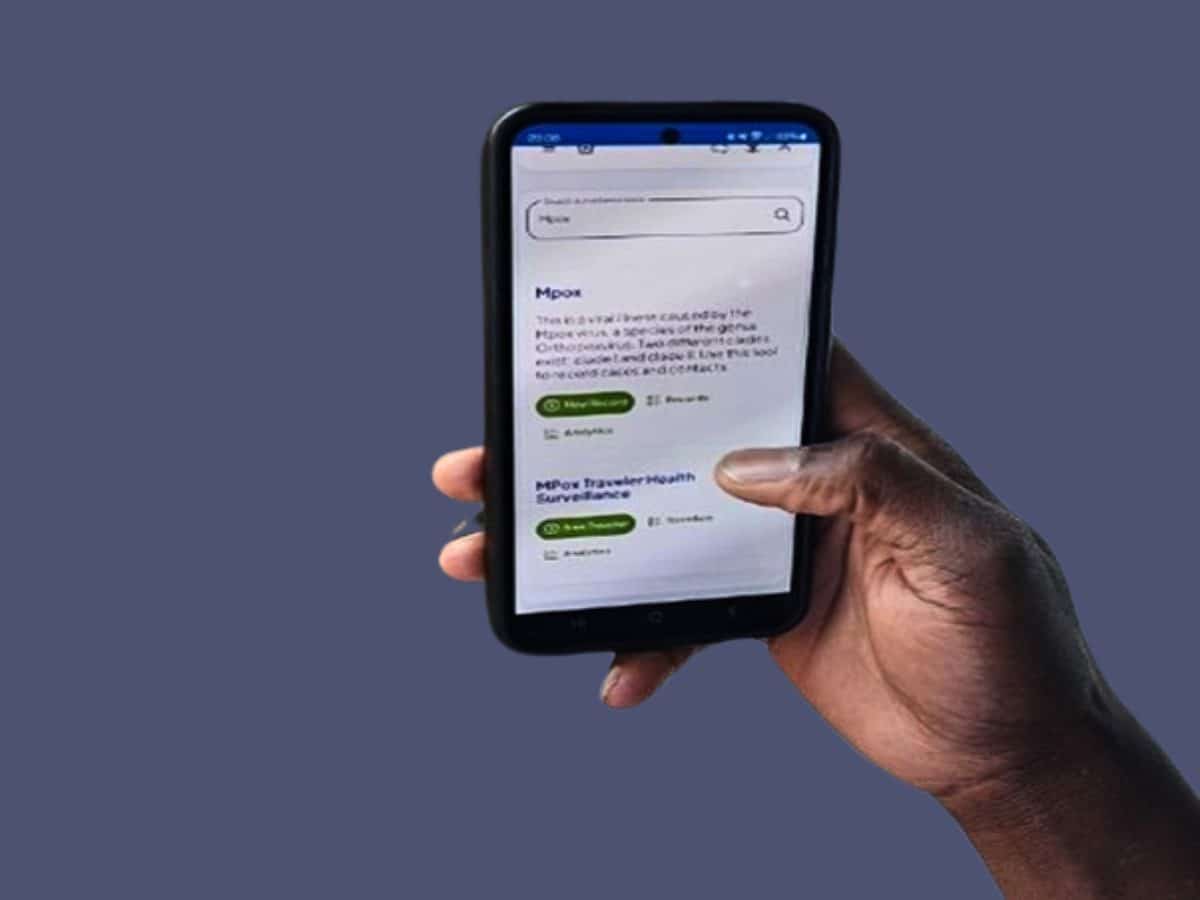On November 11 and 12, ICAP Director Wafaa El-Sadr took part in Myanmar’s first major civil society dialogue about women, peace, security, and development. The National Women’s Dialogue was supported by USAID, the Civil Society Forum for Peace in Myanmar, the Gender Equality Network (GEN), and the Women’s Organizations Network (WON), in collaboration with Columbia University Institute for the Study of Human Rights and the Women’s Refugee Commission. This convening took place at an important moment as Myanmar launches its ten-year National Action Plan for the Advancement of Women.
The event brought together several hundred women from diverse civil society groups, international development organizations and key women leaders from countries that had experienced recent conflict, such as Liberia, Sri Lanka and Nepal, and included Noble Prize winner Leymah Gbowee from Liberia. Over three days, they took part in panels and consultative discussions on the needs of women in Myanmar and their critical role in the processes of political dialogue, conflict resolution and economic development. Other participants from Columbia University at the Women’s Conference included Joan Kaufman, director of the Columbia Global Center in East Asia, and Danielle Goldberg, program coordinator at the Program on Peace-Building and Rights.
“Women’s health is central to peace, security and development” said El-Sadr, as she spoke at the Dialogue. “And we have learned that services to address women’s health including reproductive health, sexual health, HIV and gender-based violence are most successful when they are incorporated into health policy and legislative frameworks and supported by strong leadership, adequate resources, and clear governance.” Myanmar currently faces serious health threats including HIV, tuberculosis, malaria, maternal mortality, and neonatal/child mortality.
ICAP has extensive experience designing and supporting family-focused health programs in post-conflict settings and works with government and non-governmental partners around the world to confront HIV and related conditions. More than 1.5 million individuals living with HIV have gained access to HIV services and more than 850,000 have received access to life-saving antiretroviral therapy through ICAP-supported programs.







